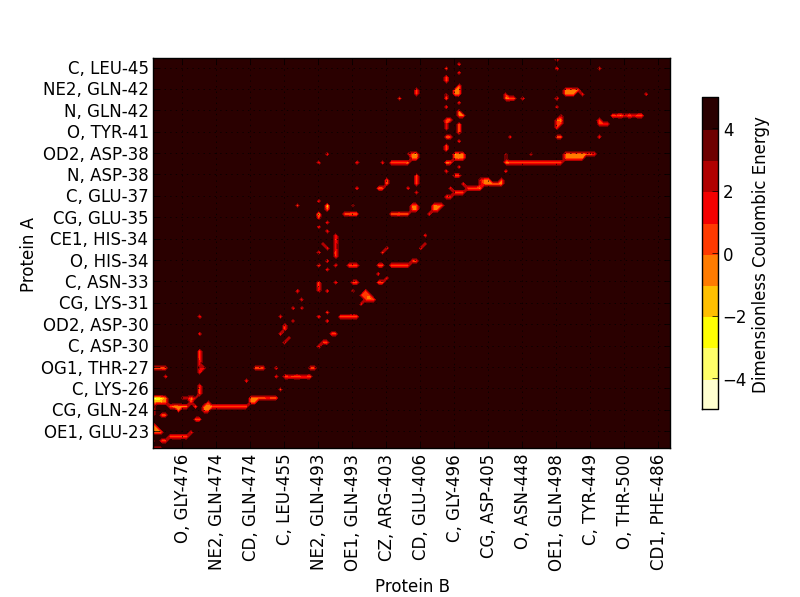Viral Transmission
Novel SARS-CoV-2 Treatment
ACE2 Decoy Peptide to Prevent Spike Protein Binding
SARS-CoV-2 or Covid-19, is novel coronavirus that is highly transmissible respiratory virus that causes severe respiratory distress and can lead to pneumonia and death. Currently no biological or pharmacological treatments have proven to be effective at preventing transmission of SARS-CoV-2, significantly hindering nations around the world from slowing this disease. Researchers at Virginia Commonwealth University (VCU) have developed a novel peptide that can be used to slow the transmission of SARS-CoV-2.
The technology
SARS-CoV-2 attaches to and enters cells through the binding of its perfusion Spike Protein to the cell surface receptor Angiotensin Converting Enzyme 2 (ACE2). ACE2 is a protein found on the surface of lung alveolar cells, cells of the small intestine, and arteriole cells making it highly dispersed throughout the body. Because of the wide-spread dispersion of ACE2 within the body, there are numerous opportunities for SARS-CoV-2 to infiltrate the body. Researchers at VCU have developed at novel 25 residue peptide that bind with extremely high affinity to SD1 segment of the SARS-CoV-2 Spike Protein mimicking its attachment to ACE2. This high biding affinity which is shown in the figure below prevents the Spike Protein from binding as readily to the ACE2 surface receptor, thus limiting the transmission of the virus. Further development of the novel peptide can also allow a novel target for the SARS-CoV-2.
Figure 1. Energetic Mappings of the interaction of a helical segment of ACE2 (Protein A) with the SD1 segment of the Spike Protein of SARS-Covid-2. Molecular structure information from R. Yan et al, Science, 4 March 2020; PDB ID: 6M17.pdb. Bright spots mark strong atom-atom interactions associated with partial atomic charges (Coulombic Energy) associated with residue-residue interactions.
